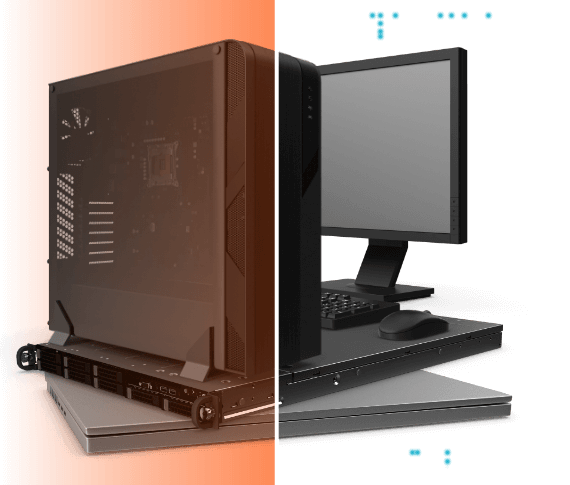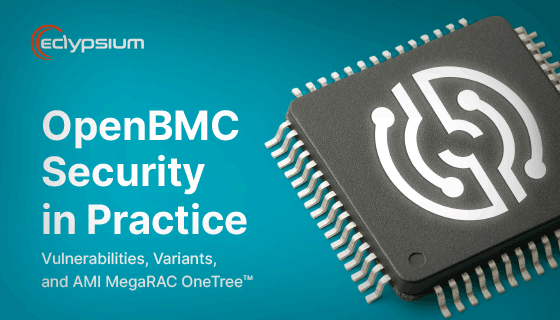© 2025 Eclypsium, Inc.
When existing tools look up, we go deeper and cover the foundation.
Traditional vulnerability scanners, endpoint monitors, manufacturer monitoring, and security tools stop in the shallow end. To verify your device’s integrity, you have to go under the application code, where your current tool stack can’t take you.
Leaving that code vulnerable means you could be exposed to threats through compromised end points, network assets, device hardware, or patches.
How deeply can you trust your devices, really?
Eclypsium continuously monitors and protects the firmware, components, and devices produced by leading information technology vendors and equipment manufacturers. If you’ve got it, Eclypsium covers it from purchase to patch.
Looking for something specific?
Continuously identify, verify and fortify your core infrastructure code
IDENTIFY
What’s in your estate?
Trust your inventory.
Enterprises need automatically-updating, complete inventories of their hardware, software and firmware that continuously monitors each device.
Discover and secure new devices.
Confidently ship new devices to remote workers, or allow BYOD and personal devices, while ensuring they meet organizational security requirements.
VERIFY
Can your devices be trusted?
Verify device integrity.
Ensure devices have not been tampered with or compromised and are free from implants and backdoors. Receive automated alerts to changes in any integrity changes.
Scan and compare.
Check your devices against the Global Reputation Database, which leverages multiple types of reputation data to verify reputability, reliability, and security.
FORTIFY
Are you continuously covered?
Audit device health and patch level.
Assess device-level configurations and compliance, making sure every asset meets your health and security standards.
Automatic updates and patching.
Keep devices in a secure state, and extend their lifespans, by remotely patching or updating out-of-date or compromised device infrastructure code.
Extend (and don’t disrupt) your existing workflows, in a single platform
-
The only infrastructure monitoring tool you need.
-
Seamlessly integrating with your current tech stack.





